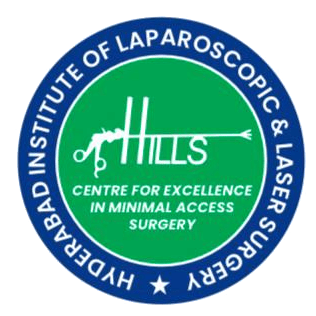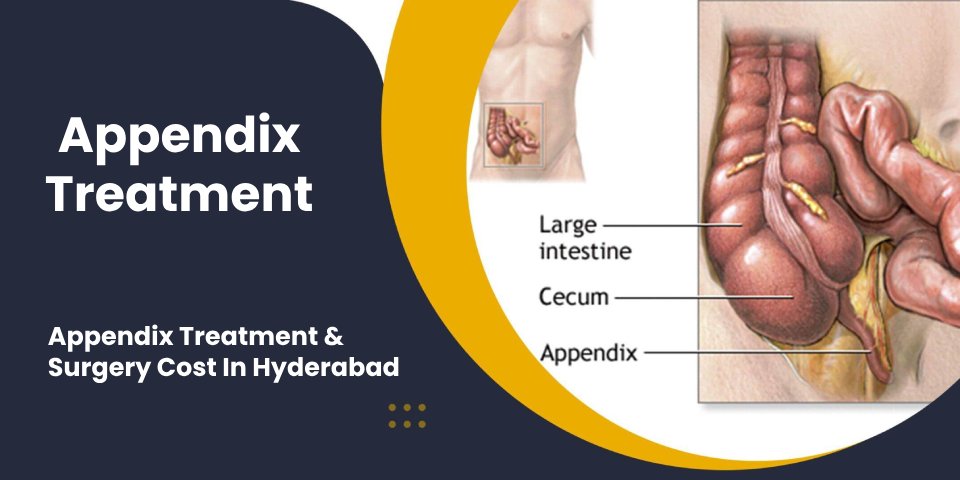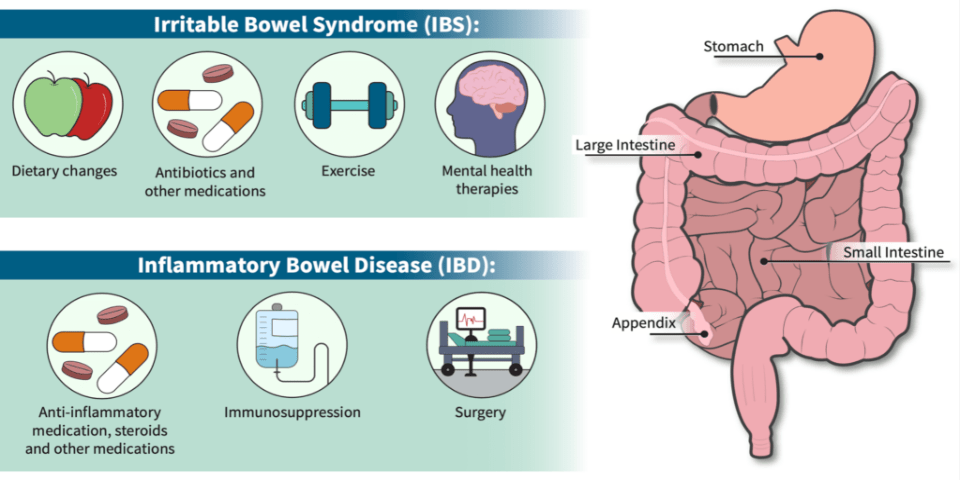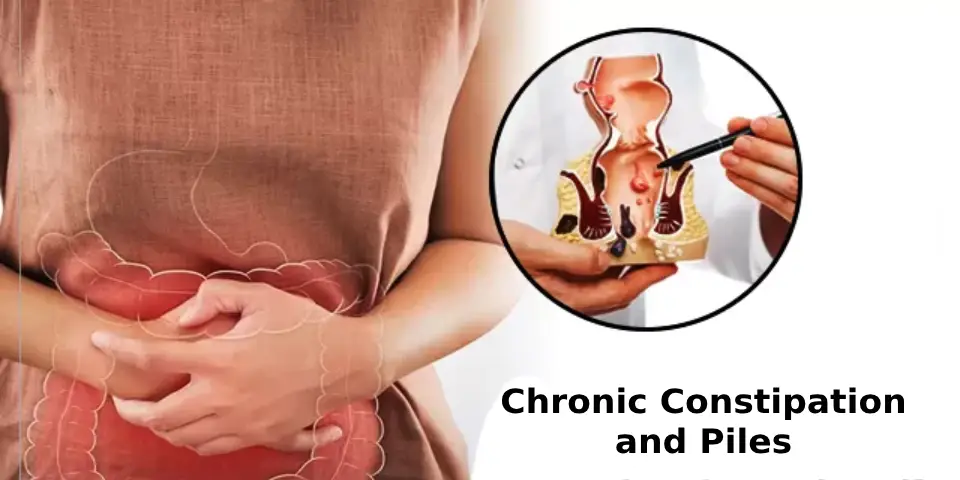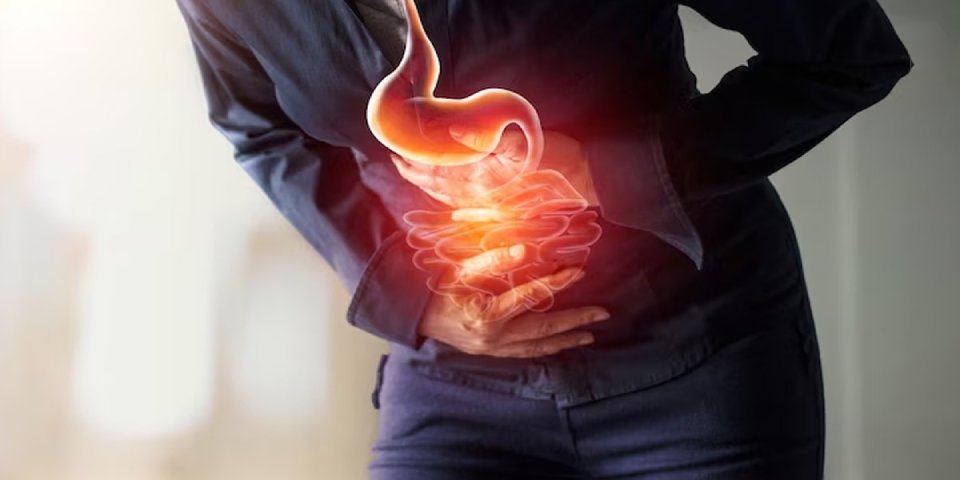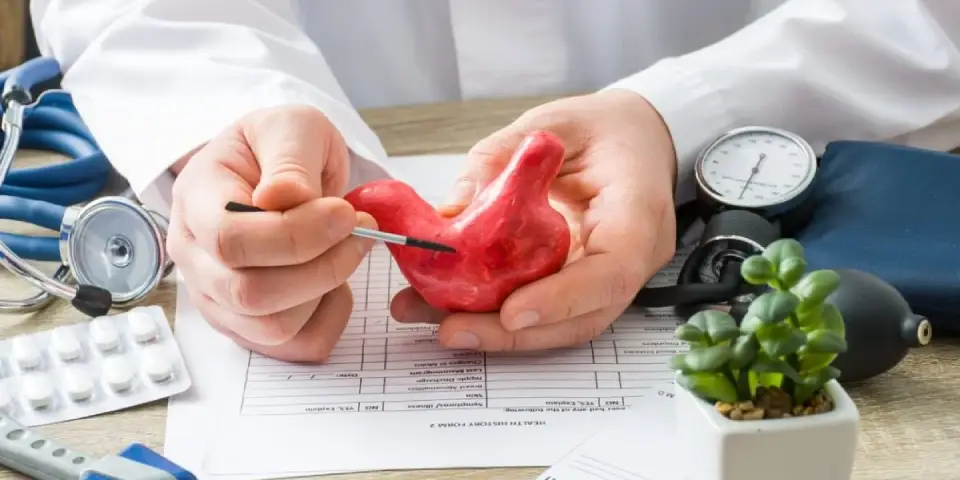Appendicitis can be painful, sudden, and stressful—but the good news is that it’s treatable with timely care. In Hyderabad, appendix surgery is a routine procedure performed daily in top hospitals, yet many people still feel confused about when to seek help, what treatment involves, and how much it will cost. If you’re searching for clear answers about appendix treatment surgery costs in Hyderabad, you’re in the right place. This blog is written in simple words, especially for patients and families who want honest and corrected information without medical jargon.
Whether you need emergency care or just want to understand your options, we’ll guide you through symptoms, diagnosis, the difference between open and laparoscopic surgery, and recovery tips. You’ll also learn about Dr. N. S. Babu, one of the most respected surgical gastroenterologists in Hyderabad, Secunderabad, known for his skill in minimally invasive appendix surgeries. Our goal is to help you make confident decisions for yourself or your loved ones—with full knowledge of the process, cost range, and trusted experts in the city.
What Is Appendicitis and When Is Surgery Needed?
Appendicitis is the swelling or infection of the appendix, a small pouch attached to the large intestine. It usually causes sudden pain in the lower right side of the stomach, nausea, vomiting, and sometimes fever. If not treated quickly, the appendix can burst, leading to serious complications.
Signs you need appendix surgery in Hyderabad include:
- Severe pain in the lower right abdomen
- Nausea and vomiting
- Loss of appetite
- Fever
- Swelling in the abdomen
If you have these symptoms, you should see a surgical gastroenterologist in Hyderabad immediately.
Diagnosis of Appendicitis:
Diagnosing appendicitis involves a combination of physical examinations and diagnostic tests:
- Physical Examination: Checking for tenderness in the lower right abdomen.
- Blood Tests: To detect signs of infection.
- Urine Tests: To rule out urinary tract infections.
- Imaging Tests: Ultrasound, CT scans, or MRI to confirm inflammation.
Appendix Treatment Options Offered at Dr. N. S. babu:
If you’re dealing with appendicitis, timely treatment is very important. In Hyderabad, Dr. N. S. Babu, a leading appendicitis treatment doctor, offers advanced and personalized options to manage this condition effectively.
The choice of treatment depends on how serious the inflammation is. At Dr. N. S. Babu’s clinic, the two primary approaches include medications and surgery.
- Antibiotics: Sometimes, if the infection is mild and caught early, doctors may try antibiotics first.
- Surgery: In most cases, surgery to remove the appendix (appendectomy) is needed.
There are two main types of surgery:
- Open Appendectomy: The surgeon makes a single large cut in the lower right abdomen to remove the appendix.
- Laparoscopic Appendectomy: The surgeon makes a few small cuts and uses a camera and special tools to remove the appendix. This method is less painful and has a faster recovery.
Laparoscopic vs open appendectomy cost in Hyderabad is often a concern. Laparoscopic surgery usually costs a bit more, but recovery is faster and pain is less.
Appendix Treatment Surgery Cost in Hyderabad:
Understanding the financial side of any medical procedure helps reduce stress and lets you plan better. When it comes to appendix surgery in Hyderabad, the cost can range anywhere from ₹55,000 to ₹1,00,000, depending on several factors. This price covers not just the surgery itself but also hospital stay, diagnostics, surgeon fees, and post-operative care.
If you’re searching for a reliable appendicitis treatment doctor in Hyderabad, this section will help you understand the treatment costs and options available, including consultations with specialists like Dr. N. S. Babu. With 15+ years of expertise, Dr. N. Subrahmaneswara Babu combines affordability and advanced techniques. For safe, minimally invasive appendix surgery in Hyderabad, contact him at Apollo Hospitals at 094908 08080 or EVOKE Clinics at 9443355668.
What's the Average Cost of Appendix Surgery in Hyderabad?
In Hyderabad, the appendix surgery cost generally depends on the type of surgery performed:
Open Appendectomy:
- Average Cost (₹): 70,000
- Cost Range (₹): 55,000 – 85,000
Laparoscopic Appendectomy:
- Average Cost (₹): 76,000
- Cost Range (₹): 80,000 – 1,45,000
While open surgery is slightly more affordable, laparoscopic surgery is preferred due to minimal cuts, quicker healing, and less pain—though it’s a bit more expensive.
Factors affecting the cost of appendix surgery in Hyderabad include:
- Type of surgery (open or laparoscopic)
- Hospital type (private, government, or trust hospital)
- Room category (general, private, or ICU)
- Surgeon’s expertise and experience
- Length of hospital stay
- Type of anesthesia used
- Any complications during surgery
Appendix operation costs in Hyderabad can also be lower in government hospitals compared to private ones.
Post-Surgery Care and Recovery:
Recovering after appendix surgery is crucial for fast and smooth healing. Experts like Dr. N. S. Babu in Hyderabad offer clear post-surgery care instructions to help patients recover safely.
- Hospital Stay: Typically 1-2 days for laparoscopic and 2-3 days for open surgery.
- Pain Management: Medications prescribed to manage postoperative pain.
- Activity Restrictions: Avoid strenuous activities for a few weeks.
- Follow-Up Visits: It is essential to monitor healing and prevent complications.
Whether you had the surgery at Apollo Hospitals or EVOKE Clinics, always follow up and ask questions if you’re unsure about anything. Recovery is not just about resting—it’s about caring for your body, mind, and overall well-being.
Preventive Measures and Lifestyle Tips:
While appendicitis can’t always be prevented, maintaining good digestive health can help:
- Balanced Diet: High in fiber to avoid constipation.
- Regular Exercise: Promotes overall health.
- Hydration: Drink plenty of water daily.
- Regular Check-Ups: Early detection of any abdominal issues.
Conclusion:
Need Surgery? Don’t Delay! Delaying appendix surgery can lead to a burst appendix, which is much more serious and expensive to treat. If you feel persistent pain on the lower right side of your abdomen, especially with fever or vomiting, consult a specialist immediately. If you are looking for appendix treatment in Hyderabad, Secunderabad or want to know about appendix surgery costs in Hyderabad, India, this guide covers everything you need. Always choose a trusted best gastroenterologist in Hyderabad and a reputed hospital for your surgery. With proper care and expert doctors like Dr. N. S. Babu, you can expect a smooth recovery and excellent results.
